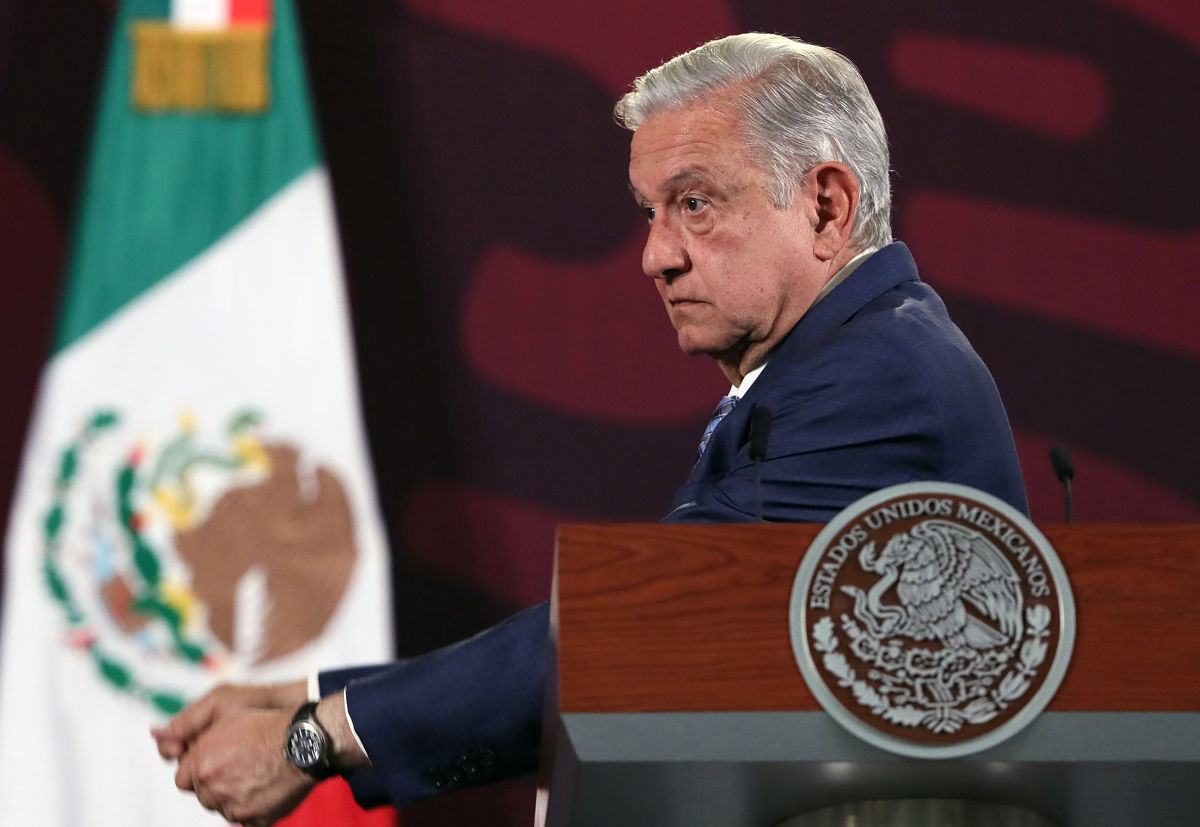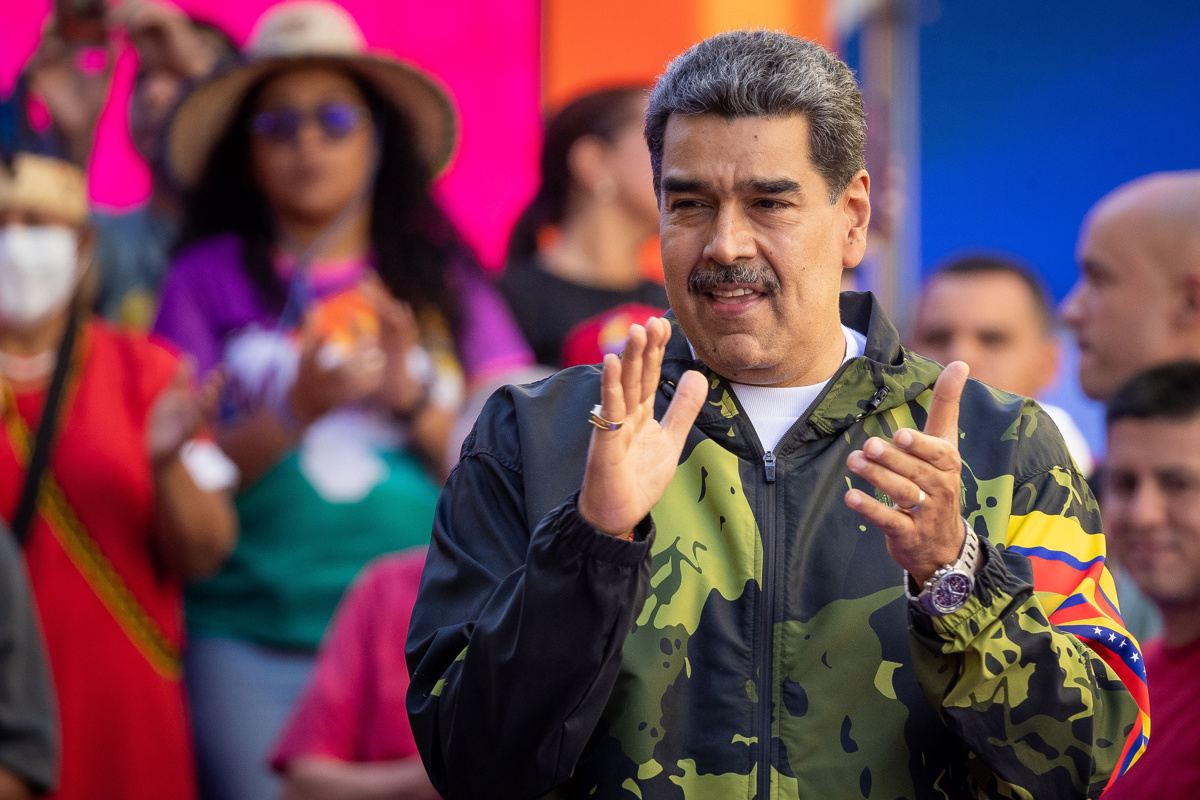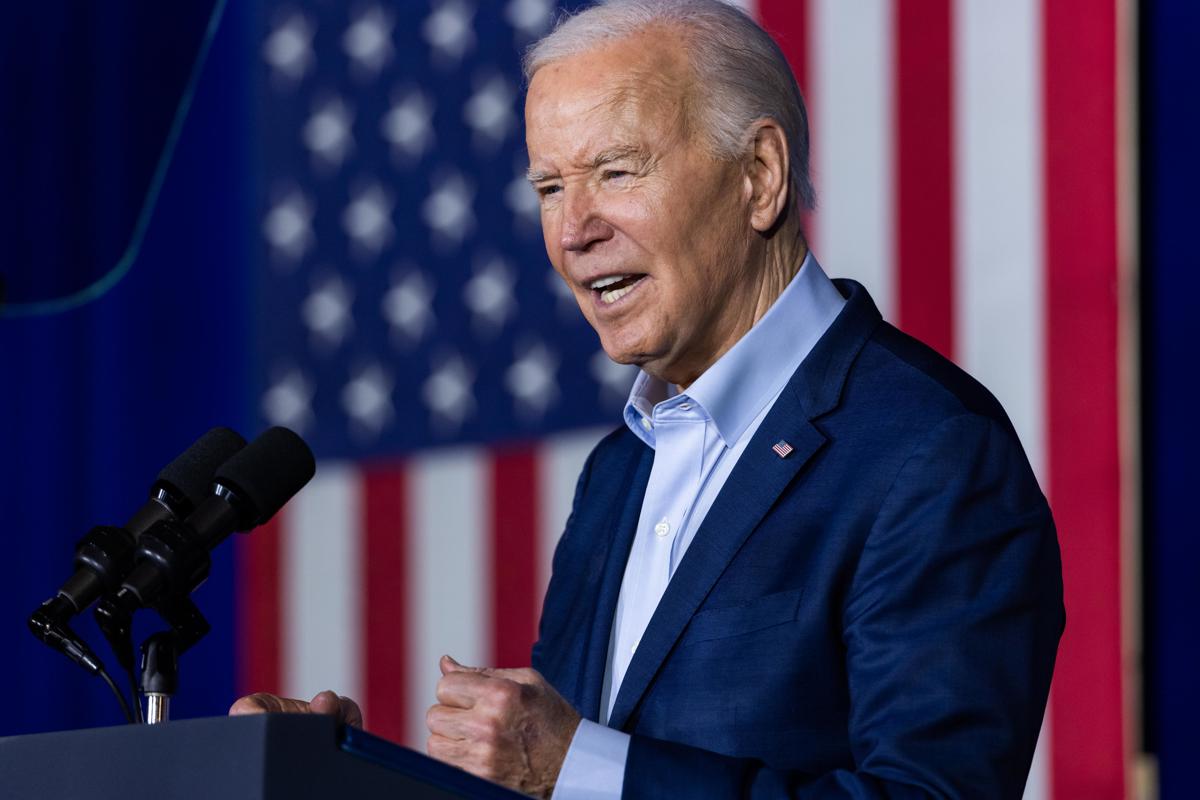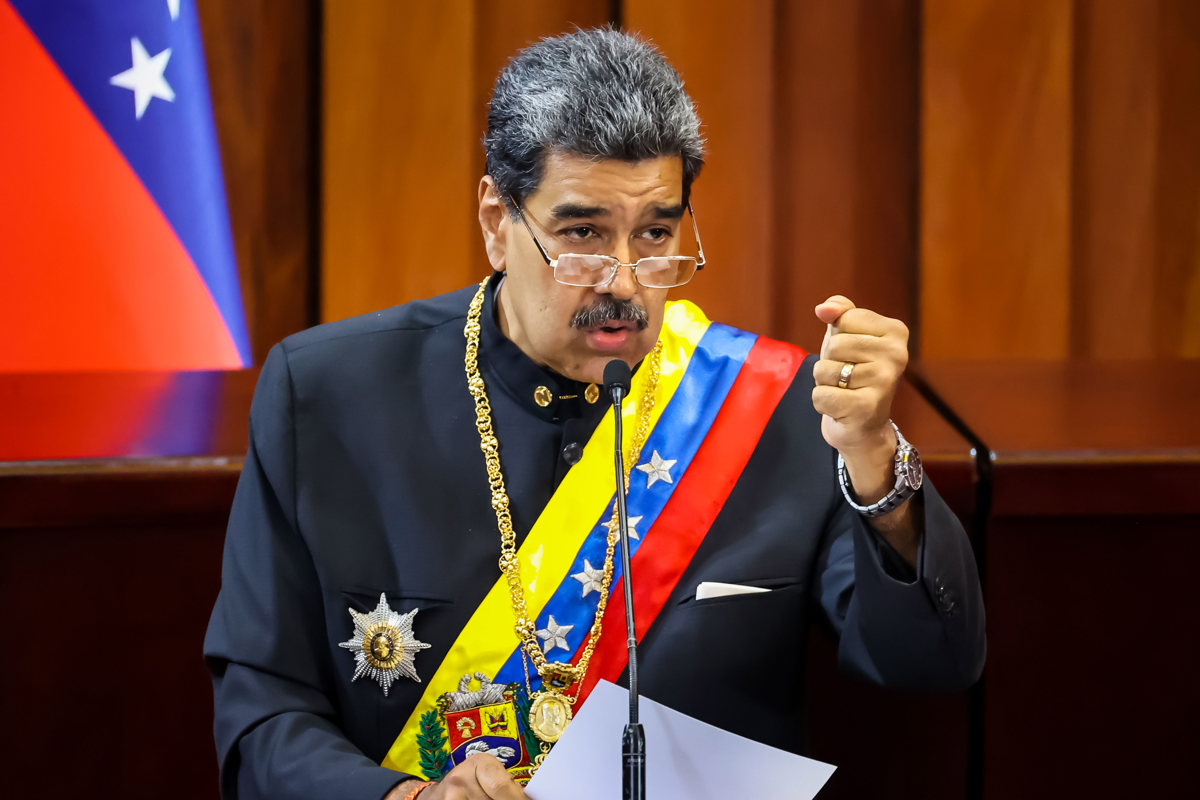Geneva, Jun 3 (EFE).- The World Health Organization on Wednesday said that the evolution of the coronavirus pandemic in South and Central America is of great concern, with the number of confirmed cases there accelerating day after day.
“The Americas continue to account for the most cases. For several weeks, the number of cases reported each day in the Americas has been more than the rest of the world put together,” WHO Director General Tedros Adhanom Ghebreyesus told an online briefing, going on to say that the organization is particularly worried about the accelerating epidemics in certain South and Central American countries.
“We also see increasing numbers of cases in the Eastern Mediterranean, Southeast Asia, and Africa, although the numbers are much smaller,” he added.
The trend is opposite to that in Europe, where on Tuesday the lowest number of new cases since March 22 was reported, Tedros noted.
The executive director of the WHO health emergencies program, Michael Ryan, discussed Latin America in greater detail, first praising the smaller countries in the region, including the Caribbean, for managing to contain the virus in their territories, with the exception of Haiti, where the situation is considered serious due to the fragility of the country and because the virus has been spreading among vulnerable groups.
Regarding South America, Ryan said that the intensity with which the virus is spreading through society is disturbing, especially in Brazil and Peru.
Although the governments of Brazil and Peru took different positions before the arrival of the coronavirus and also adopted very different strategies to battle it, the two nations so far have been the hardest hit countries in the region, in terms of their caseloads.
While Brasilia opted during the early weeks of the pandemic to downplay it, Peru quickly took measures to try and contain it, including implementing a general quarantine starting in mid-March that remains in effect today.
Brazil currently has confirmed more than 555,000 virus cases and 31,199 deaths, while Peru has reported about 175,000 cases and 4,767 deaths.
During the same briefing, Tedros announced that clinical trials using hydroxychloroquine have resumed and are part of the international efforts to find one or more treatments and vaccines for Covid-19.
The team of experts overseeing the clinical trials being conducted by 35 countries last week recommended that any work using hydroxychloroquine be suspended because information existed that cast doubt on its safety.
Figures coming in from different places pointed to a higher mortality rate among seriously ill Covid-19 patients who had been treated with hydroxychloroquine, a derivative of chloroquine.
The medication has been used for decades to treat malaria and various rheumatic diseases.
“This decision was taken as a precaution while the safety data were reviewed, said Tedros, although he added that now the review of the data had been completed and scientists have concluded that there is no reason to modify the protocols being used in the clinical trials.
A total of 3,500 patients are participating voluntarily in the various experiments or trials being conducted in 35 countries under WHO supervision.






